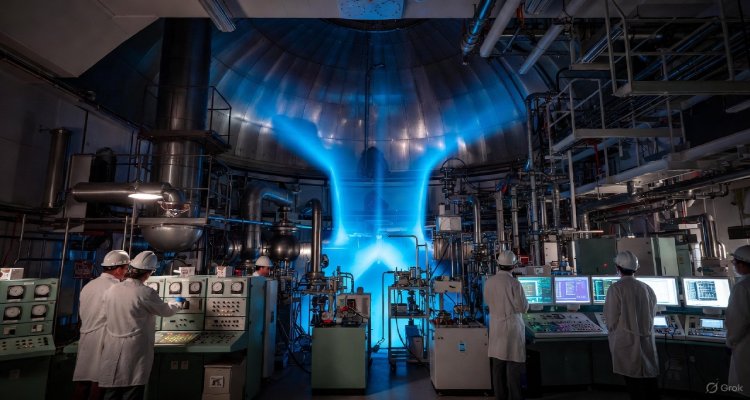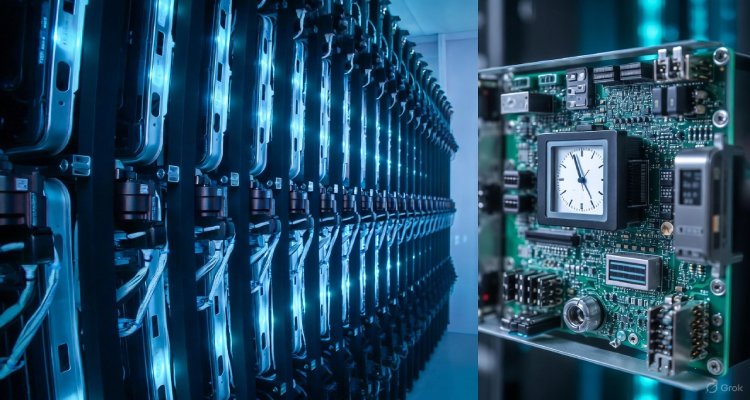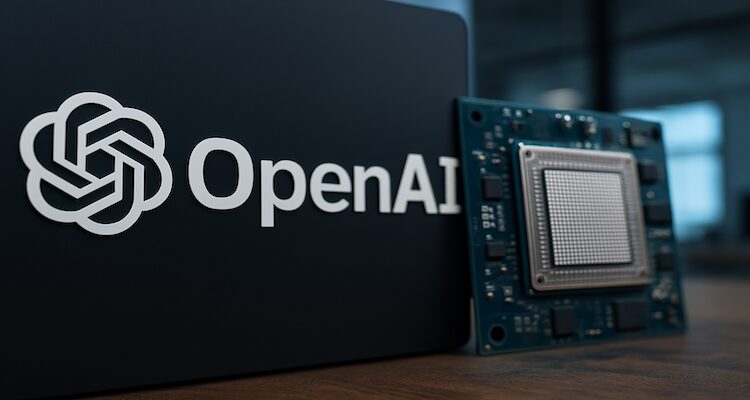OpenAI to Launch Custom AI Chips in 2026 with Broadcom
OpenAI will debut its first custom AI chip in 2026, co-designed with Broadcom, aiming to cut reliance on Nvidia and meet skyrocketing computing demands.
A New Era in AI Hardware
OpenAI, the company behind ChatGPT, is preparing a major leap into the semiconductor space. According to a Financial Times report, the AI leader will introduce its first custom-built chip next year, marking a significant shift in its strategy to secure computing power and ease its dependence on Nvidia.
Why OpenAI Needs Its Own Chips
The explosive growth of generative AI has unleashed unprecedented demand for computing resources. Nvidia’s GPUs currently dominate the industry, but supply constraints and soaring costs have created bottlenecks. For OpenAI, whose AI models are growing more complex with each iteration, control over hardware design has become a critical necessity rather than a luxury.
By building proprietary chips, OpenAI hopes to stabilize access to hardware, reduce costs in the long run, and position itself as a stronger player in the AI ecosystem.
The Broadcom Partnership
OpenAI’s first chip project is being developed in collaboration with U.S. semiconductor powerhouse Broadcom (NASDAQ: AVGO). Sources close to the deal told Financial Times that the chip is slated for shipment in 2026, potentially reshaping the balance of power in AI infrastructure.
The move not only challenges Nvidia’s dominance but also signals a new era where AI firms are no longer just software innovators they are becoming full-stack technology companies.
What Industry Voices Are Saying
Industry analysts suggest this could be a game-changer. Designing custom silicon is no easy feat, but if OpenAI succeeds, it could set a precedent for other AI firms facing similar supply challenges.
Technology investors also note that Broadcom’s involvement provides credibility. Known for its expertise in chip design and manufacturing, Broadcom offers the technical muscle to turn OpenAI’s ambitions into reality.
What This Means for the AI Race
If successful, OpenAI’s custom chips will:
-
Reduce reliance on Nvidia: A direct challenge to the GPU giant’s monopoly in AI.
-
Boost scalability: Custom hardware could unlock faster, more efficient AI training.
-
Reshape the market: Competitors like Google and Amazon already design their own chips OpenAI entering this space accelerates the trend.
-
Drive costs down: Over time, proprietary chips could lower the expenses of running massive AI models, making advanced AI more accessible.
However, the transition won’t be without hurdles. Chip production is notoriously capital-intensive, and scaling to meet global demand requires robust supply chains and manufacturing partnerships.
A Strategic Bet on the Future
OpenAI’s chip venture is more than just a technical milestone it’s a strategic move to secure the future of artificial intelligence. By aligning with Broadcom, the company is betting that control over its own hardware will allow it to innovate faster, scale smarter, and compete more aggressively in an industry that shows no signs of slowing down.
As the AI arms race intensifies, 2026 could be remembered as the year OpenAI stepped firmly into the world of semiconductors.
(Disclaimer: This article is based on reports from the Financial Times and other reliable sources. All details are accurate as of the time of publication, but developments in the AI and semiconductor industries may evolve rapidly.)
Also Read: Beyond Chatbots: The Hidden AI Systems Running Your Daily Life











